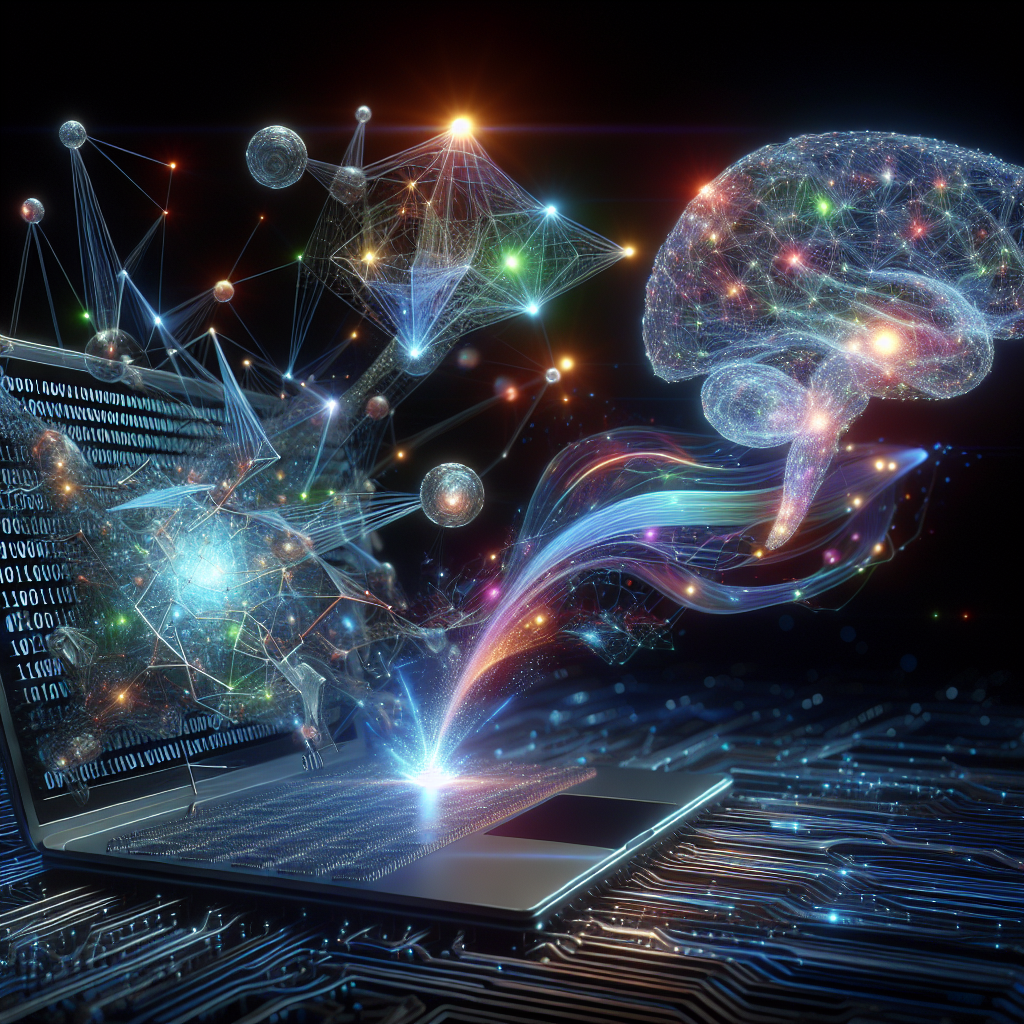Unraveling the AI 'Capabilities Stack': Beyond the Chatbots
Artificial intelligence (AI) is ubiquitous, spanning beyond simple chatbots to involve complex systems with seven key capabilities: recognition, classification, prediction, recommendation, automation, generation, and interaction. These capabilities influence various sectors, highlighting the importance of AI fluency in technology, business, and governance.

- Country:
- Australia
Artificial intelligence is undeniably everywhere, from chatbots to systems influencing complex processes. As highlighted in a recent discussion, understanding AI requires more than knowing its mechanics; it's about appreciating what AI can achieve. Leaders in diverse sectors agree that technological fluency is now indispensable.
AI capabilities go beyond mere pattern recognition, evolving through seven stages: recognition, classification, prediction, recommendation, automation, generation, and interaction. Each level builds upon the previous, offering broader applications, such as predicting flight delays and optimizing energy use.
In this AI-driven era, systems do more than interact—they integrate into daily operations, from enhancing security at concerts to assisting in natural language revival. As AI continues to evolve, its impact stretches across various fields, improving and automating processes while fostering innovative solutions.
(With inputs from agencies.)
ALSO READ
Indian scientists decode Himalayan air motions to sharpen monsoon prediction models
AI for energy market stability: Role of recurrent models in long-term price prediction
Fed In Focus: Diverging Brokerage Predictions
Adalat.ai: Revolutionizing India's Courtrooms with AI Automation
Landon Donovan's Fiery Response to Australia's World Cup Predictions










